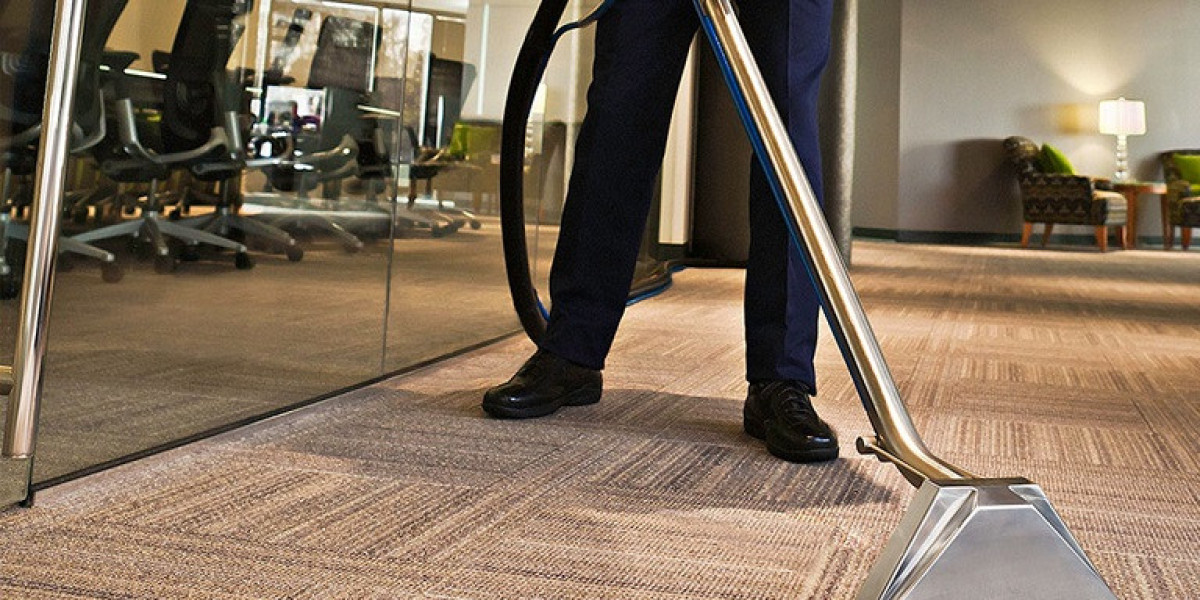The Rise of Integrated Cookers: A Comprehensive Guide
In the ever-evolving world of kitchen innovation, integrated cookers are sculpting a specific niche on their own by mixing convenience, performance, and visual appeal into a single appliance. This short article intends to notify readers about what integrated cookers are, their benefits, different types, and some FAQs to assist customers make notified choices.
What are Integrated Cookers?
Integrated cookers are multifunctional kitchen appliances that combine numerous cooking methods into one compact style. These cookers can carry out functions ranging from steaming and boiling to frying and baking. Generally built into kitchen cabinetry, they not just conserve area but also enhance the visual appeal of the kitchen.

Typical Features of Integrated Cookers:
- Multi-Cooking Functions: Many integrated cookers can sauté, steam, bake, and even prepare slow-cooked meals.
- Space-Saving Design: Built into cabinets, these appliances assist maintain a structured kitchen design.
- Energy Efficiency: Integrated cookers are designed to utilize energy effectively, reducing total cooking energy and time intake.
- User-Friendly Controls: Most integrated cookers come geared up with digital interfaces and pre-programmed settings that cater to numerous cooking needs.
Advantages of Integrated Cookers
Integrated cookers offer various benefits, making them a popular choice amongst homeowners. Below are some key advantages:
1. Flexibility:
Integrated cookers can prepare a range of meals, including:
- Soups
- Stews
- Grains
- Roasts
- Baked products
2. Space Optimization:
With their compact designs, integrated cookers maximize valuable counter area, especially in smaller cooking areas.
3. Improved Cooking Efficiency:
Many integrated cookers include innovative features such as pressure cooking and induction heating, considerably reducing cooking times while improving taste retention.
4. Improved Kitchen Aesthetics:
The smooth integration into cabinetry supplies a tidy and contemporary appearance, which can elevate the total style of any kitchen.
5. Multi-Functionality:
Integrated cookers can typically change a number of private appliances, such as slow cookers, pressure cookers, and ovens, making them an affordable choice.
Types of Integrated Cookers
The world of integrated cookers is diverse, with various models accommodating various cooking styles and preferences. Below are the most typical types:
Integrated Induction Hobs: These cookers utilize electromagnetic energy to heat pots and pans straight, leading to quicker cooking times and improved energy effectiveness.
Integrated Steam Ovens: Combining the functionalities of a traditional oven with a steam cooking ability, these models enable moist and healthy cooking approaches.
Integrated Slow Cookers: Ideal for those who prefer meal preparation, these cookers can simmer food for hours, making them perfect for soups and stews.
Multicookers: These are versatile appliances that can carry out pressure cooking, sautéing, sluggish cooking, steaming, and even yogurt-making, all in one unit.
Contrast Table of Integrated Cooker Types:
| Type | Key Features | Perfect For |
|---|---|---|
| Integrated Induction Hobs | Fast heating, energy-efficient | Quick meals and accurate cooking |
| Integrated Steam Ovens | Steam and convection cooking | Well balanced meal preparation |
| Integrated Slow Cookers | Long cooking times, keep warm | Stews, soups, and meal preparation |
| Multicookers | Several cooking functions | Flexibility in cooking styles |
Upkeep and Care for Integrated Cookers
Ensuring the longevity and performance of integrated cookers needs appropriate upkeep. Below are some necessary care suggestions:
Regular Cleaning: Wipe down surfaces after each usage to avoid accumulation. Follow the producer's guidelines for deep cleansing.
Inspect Seals and Gaskets: For models that make use of steam and pressure, ensure that seals are intact to maintain efficiency.
Descale Regularly: In instances where hard water is utilized, it's crucial to descale your cooker periodically to prevent mineral accumulation.
Software application Updates: If the cooker has a digital interface, look for software updates to enhance performance and repair bugs.
Expert Servicing: Schedule regular evaluations by a qualified technician to ensure all elements are functioning optimally.
Frequently Asked Questions About Integrated Cookers
Q1: Can integrated cookers change specific kitchen appliances?A1: Yes, integrated cookers can often serve several functions, changing appliances such as pressure cookers, sluggish cookers, and conventional ovens.
Q2: Are integrated cookers energy efficient?A2: Most integrated cookers are designed to optimize energy usage, significantly lowering energy expenses compared to traditional cooking techniques.
Q3: Is installation of an integrated cooker complex?A3: While setup can be simple, it might need professional help for ideal outcomes, particularly for built-in designs.
Q4: Do integrated cookers come with warranty protection?A4: Most brand-new integrated cookers feature a maker's guarantee, covering specific repairs or replacements within a stipulated time.

Q5: Are there particular brand names advised for integrated cookers?A5: Several trusted brands produce integrated cookers, including Bosch, Whirlpool, and Samsung. It's a good idea to check out reviews and compare functions.
Integrated cookers represent a considerable improvement in kitchen technology, supplying flexibility, efficiency, and aesthetic appeal. With numerous designs available to fit different cooking designs, they have become progressively popular among critical homeowners. Buying an integrated cooker can simplify meal preparation, conserve space, and eventually boost the culinary experience. Whether one is a newbie cook or a knowledgeable chef, these appliances can fulfill the diverse needs of any kitchen.








